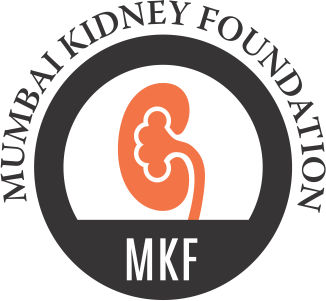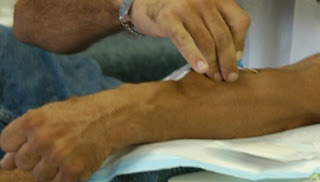Tips for managing potassium intake
Tips for managing potassium intake
Potassium is an electrolyte (a kind of a mineral in the body) that helps to move nutrients into the cell and drive waste products out of the cell. Its most vital function is regulating the heart beat and if this function gets altered, it may give rise to complications.
In patients with advanced kidney diseases, especially the ones on dialysis; the balance of potassium gets altered as kidneys are not able to flush it efficiently from the body. If left unattended, it may lead to emergencies which can be fatal. Hence, it is important to maintain potassium level under control through dietary restrictions. Herewith are a few practical tips for lowering dietary potassium intake:
- AVOID SALT SUBSTITUTES. In order to lower the blood pressure, some varieties of salt labelled as low sodium salt; contain potassium as their main ingredient. These are harmful for patients with kidney disease and should be completely avoided.
- Avoid coconut-based items like coconut water, coconut chutney, coconut laddos, etc
- Avoid nuts, dry fruits and fruits containing excessive amount of potassium like berries, cherries, peaches, plums, kiwis, etc. To know more about fruits that are safe for individuals with diabetes as well as kidney disease, click here
- Avoid vegetables containing high amounts of potassium like potato, sweet potato, arbi (colocasia), etc or consume them after leaching
- Leaching is a method that can reduce some amount of potassium from the food ingredient. To leach vegetables, chop them and either soak them in water for 2-3 hours and then discard water or chop them and boil them in plenty of water till they soften and then discard the water. Once water is discarded, vegetables are lower in potassium and can be used for preparing it. Remember leaching only removes some potassium, not all. To get access to some kidney friendly, easy, quick and healthy recipes including desserts, click here
- Similarly, to reduce the amount of potassium in dals and pulses, they can be soaked in plenty of water and then can be used after discarding the water. Dals and pulses both contain too much potassium and hence, portion control may be needed in order to limit potassium intake. A trained Renal Dietitian can help you achieve this.
- and to
By-
Dr Rachana Jasani,
Renal Nutritionist,
PhD, RD





